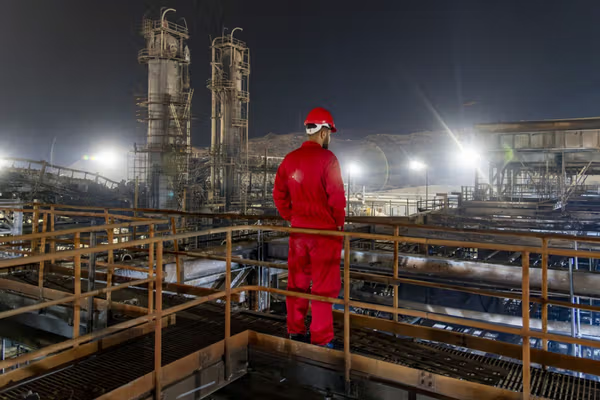
Why Tehran’s business pitch to Trump won’t end nuclear deadlock
Reports in major outlets that Tehran has floated a “commercial bonanza” to the Trump administration should be understood less as an investment roadmap than as a survival strategy.

Reports in major outlets that Tehran has floated a “commercial bonanza” to the Trump administration should be understood less as an investment roadmap than as a survival strategy.
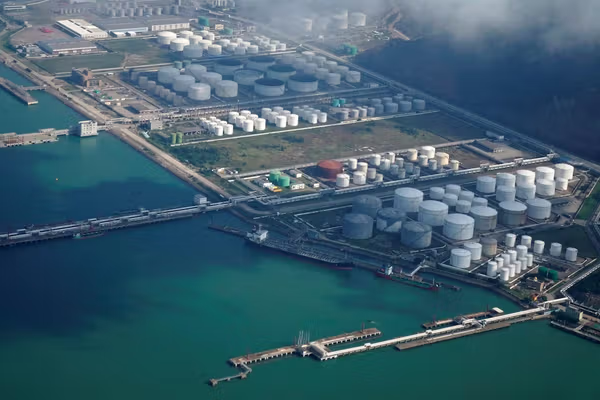
China appears to be replacing disrupted Venezuelan oil shipments with Russian crude rather than Iranian barrels, despite steeper discounts being offered by Tehran.
Escalating talk of war and renewed negotiations with the United States may dominate Iran’s political discourse, but the country’s deepening economic crisis is more present in daily life—and no less likely to drive change.
More than 107.8 trillion rials ($66.5 million) in retail money has flowed out of the Tehran Stock Exchange over the past 24 trading sessions, marking what analysts describe as a new phase of liquidity depletion driven by political uncertainty and fears of military escalation.
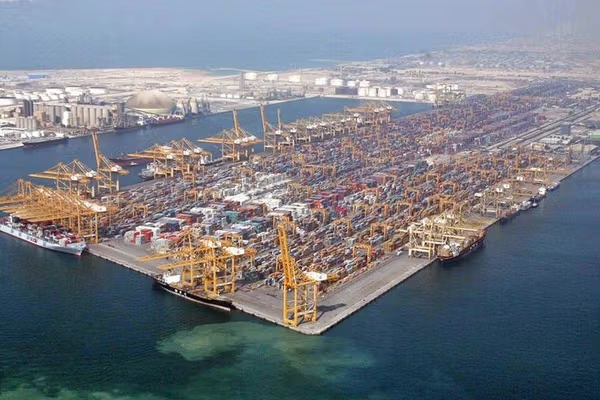
Iran’s Shipping Association has denied reports that vessels are no longer departing from Jebel Ali – the UAE’s biggest container port – and other regional hubs for Iran, Tasnim news agency reported.
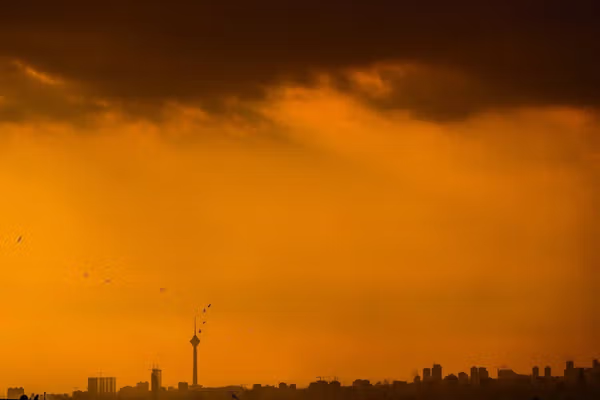
Iran stands at a pivotal moment. If political change brings institutional reform, the country could break decades of stagnation and return to sustained growth. But without credible governance, any transition risks replacing one failed equilibrium with another.

Escalating tensions between the United States and Iran sent oil prices sharply higher and kept gold near record levels on Thursday, as investors weighed the risk of a prolonged conflict in the Middle East and its impact on global markets.
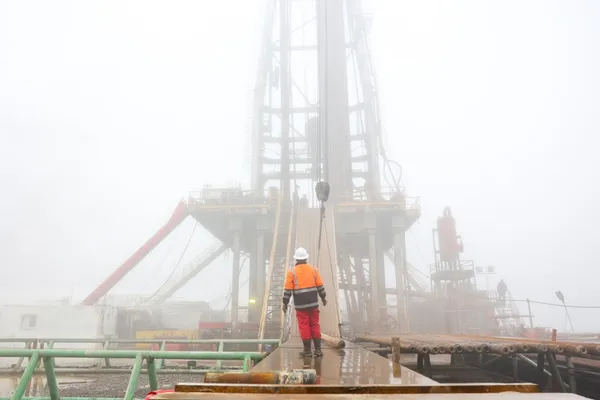
Capital flight from Iran is accelerating just as oil revenues decline, according to new data from the Central Bank of Iran—a convergence that helps explain the sharp fall of the national currency in recent months.
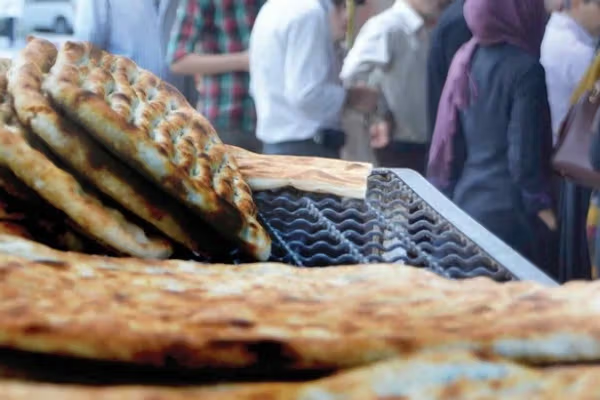
Rising bread prices have become a growing source of concern within Iran’s political establishment, with warnings that further increases could trigger unrest as inflation erodes living standards.

Iran’s oil exports declined sharply at the start of 2026, new tanker-tracking data show, raising fresh questions about the durability of Tehran’s most important economic lifeline under renewed US sanctions pressure.
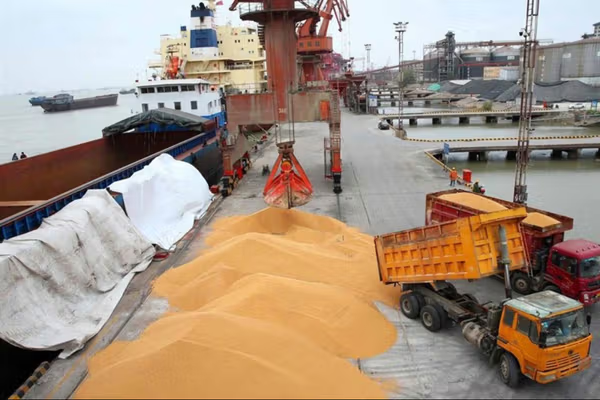
Iran will allow importers of basic goods to receive and sell oil cargoes from next year under an expanded barter scheme aimed at securing essential supplies, Agriculture Minister Gholamreza Nouri Ghezeljeh said on Sunday.
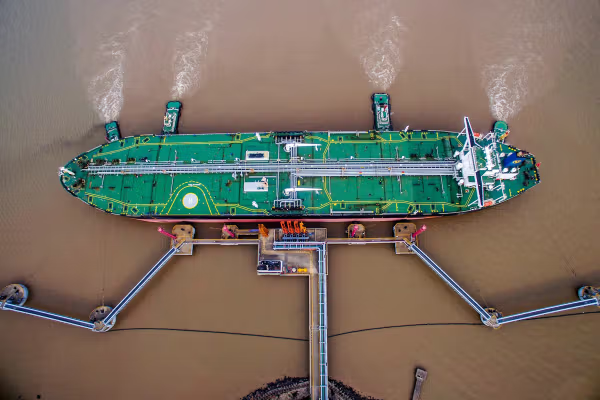
US President Donald Trump and Israeli Prime Minister Benjamin Netanyahu agreed at a White House meeting this week to increase economic pressure on Iran, including efforts to curb its oil exports to China, Axios reported.
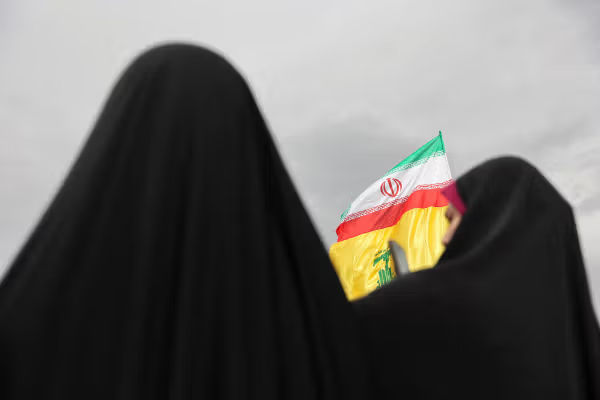
Iran International has obtained information alleging that senior Iranian diplomats transported large amounts of cash to Beirut in recent months, using diplomatic passports to move funds to Lebanon’s Hezbollah.

Iran’s January protests were the predictable result of years of ignored economic and social warning signs, according to one of the country’s most prominent economists, who says the state failed to recognize how close society had come to the brink.

Tehran’s frequently invoked threat of closing the Strait of Hormuz may be far easier to signal than to carry out, not least because it would harm allied China more than the hostile West.

US investigators are examining whether cryptocurrency platforms were used to help Iranian officials and state-linked actors evade sanctions, a blockchain researcher told Reuters, as crypto use rose sharply in Iran amid currency weakness and political unrest.
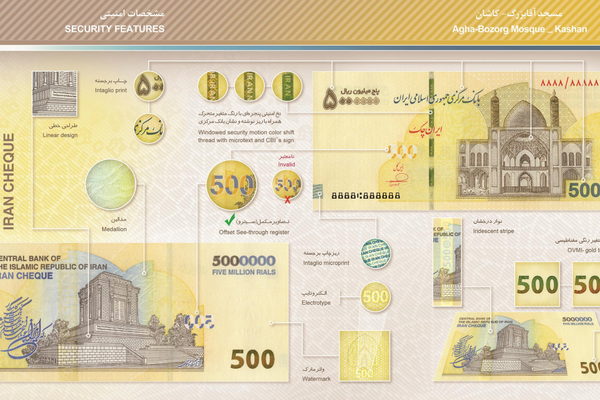
Iran’s central bank has begun distributing the country’s largest banknote, a 5 million-rial (about $3.10) Iran-cheque, as the national currency continues to weaken and cash transactions require ever-higher denominations.
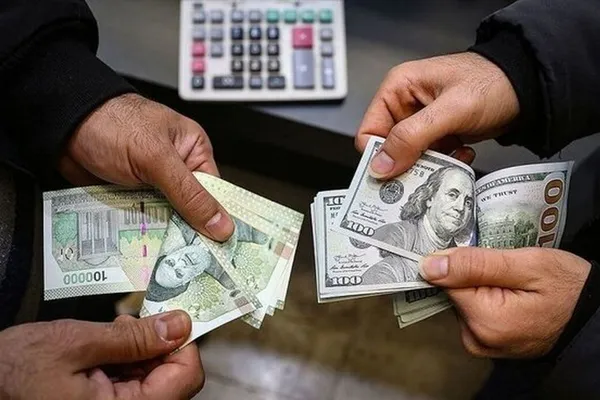
Iran’s currency has lost half its value in just six months and is now at risk of losing its role as both a store of value and a functioning currency, as households and businesses increasingly shift prices, savings, and expectations toward the US dollar.

A sweeping government-imposed internet blackout has slashed sales, frozen online trade and pushed thousands of small businesses to the brink, according to business owners and industry groups, exposing deep vulnerabilities in Iran’s digital economy.
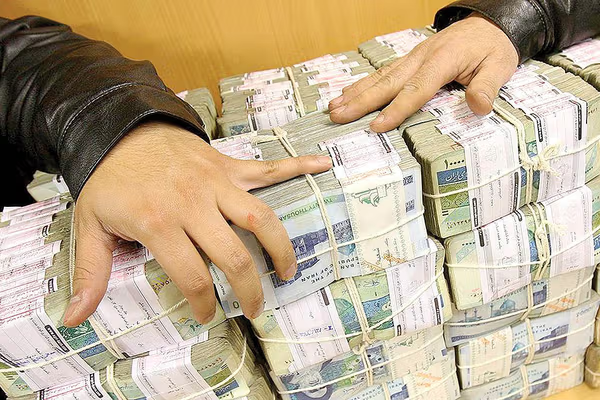
Iranian bank branches are facing growing shortages of cash as demand for banknotes rises sharply, prompting informal daily withdrawal caps of 30 million to 50 million rials per customer (about $18 to $30), Iranian media reported.
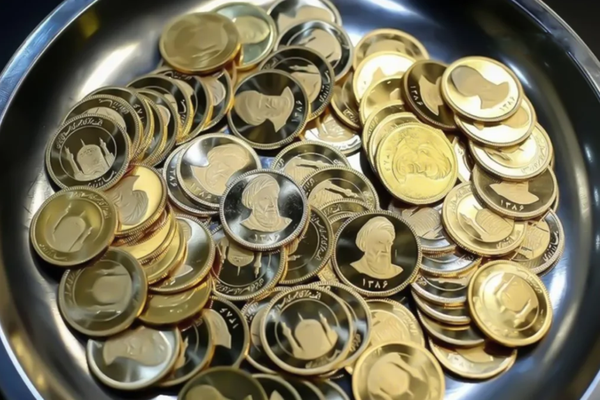
The possibility of US military action against Iran is eroding Iranians’ purchasing power and deepening their sense of insecurity, according to Iranian economic news outlets which provide a rare window into economic behavior amid an internet blackout.
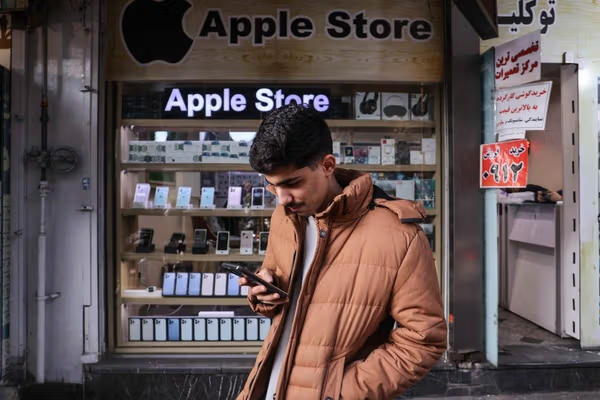
Iran’s internet, throttled for 20 days amid the mass killing of protesters, began to partially resume on Wednesday, according to monitoring groups and users inside the country, who said access remains heavily restricted and unstable.